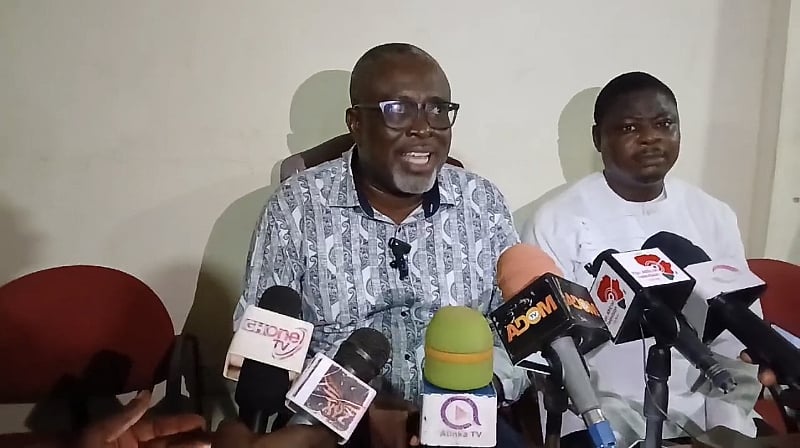The selection of Metropolitan, Municipal, and District Chief Executives (MMDCEs) in Ghana’s Central Region sparked controversy due to the low representation of women in the candidate pool and allegations of corruption within the vetting process. The National Democratic Congress (NDC), the ruling party at the time, initiated the process by inviting interested individuals to submit their names for regional vetting, the results of which would be forwarded to the president for final selection. While the party aimed to increase female participation in governance, the outcome of the vetting process revealed a significant gender disparity with only five women making it through to the shortlist.
The NDC’s regional chairman, Professor Richard Asiedu, acknowledged the low female representation, attributing it to limited participation from women during the initial stages of the selection process. He explained that the party had even relaxed the selection criteria to ensure more women could advance, particularly in light of the recently passed Affirmative Action Bill. This bill mandated a 30% quota for women in governance positions, a target clearly missed in the Central Region’s MMDCE selection process. This shortfall raised concerns about the effectiveness of the affirmative action legislation and its implementation on the ground.
Despite efforts to encourage female participation, the final number of shortlisted female candidates remained at five, a figure significantly below the desired quota. This underscores the challenges in achieving gender equality in political representation, even with legal frameworks in place. Factors such as societal norms, entrenched patriarchal structures, and limited access to resources and opportunities may have contributed to the low participation of women in the MMDCE selection process.
Adding fuel to the fire, allegations of corruption and favoritism emerged, further complicating the already fraught selection process. Daniel Bassey, a member of the NDC in the Awutu Senya East Constituency, called for an independent investigation into the vetting process, claiming that the regional chairman, Professor Asiedu, manipulated the selection to favor his loyalists. Bassey asserted that the principles of fairness and meritocracy, long championed by the NDC, were compromised, and financial inducements influenced recommendations sent to the national level.
Bassey’s allegations pointed to a systemic issue within the party, where loyalty seemingly trumped competence and experience. He warned that such practices could create deep divisions within the party, jeopardizing its unity and potentially harming its chances in future elections. The claims painted a picture of a selection process driven by personal interests rather than a genuine desire to select the most qualified candidates to serve the communities.
Professor Asiedu vehemently denied the allegations, dismissing them as baseless and frivolous. He maintained that the vetting process was conducted fairly and transparently, with both constituency and regional party executives present as witnesses. He defended the integrity of the selection process, arguing that it was one of the fairest in the region. However, the allegations, coupled with the low number of shortlisted women, cast a shadow over the MMDCE selection process, raising questions about its legitimacy and effectiveness. The controversy highlighted the ongoing challenges within Ghana’s political landscape, including issues of gender inequality, corruption, and the need for greater transparency and accountability in political appointments.


